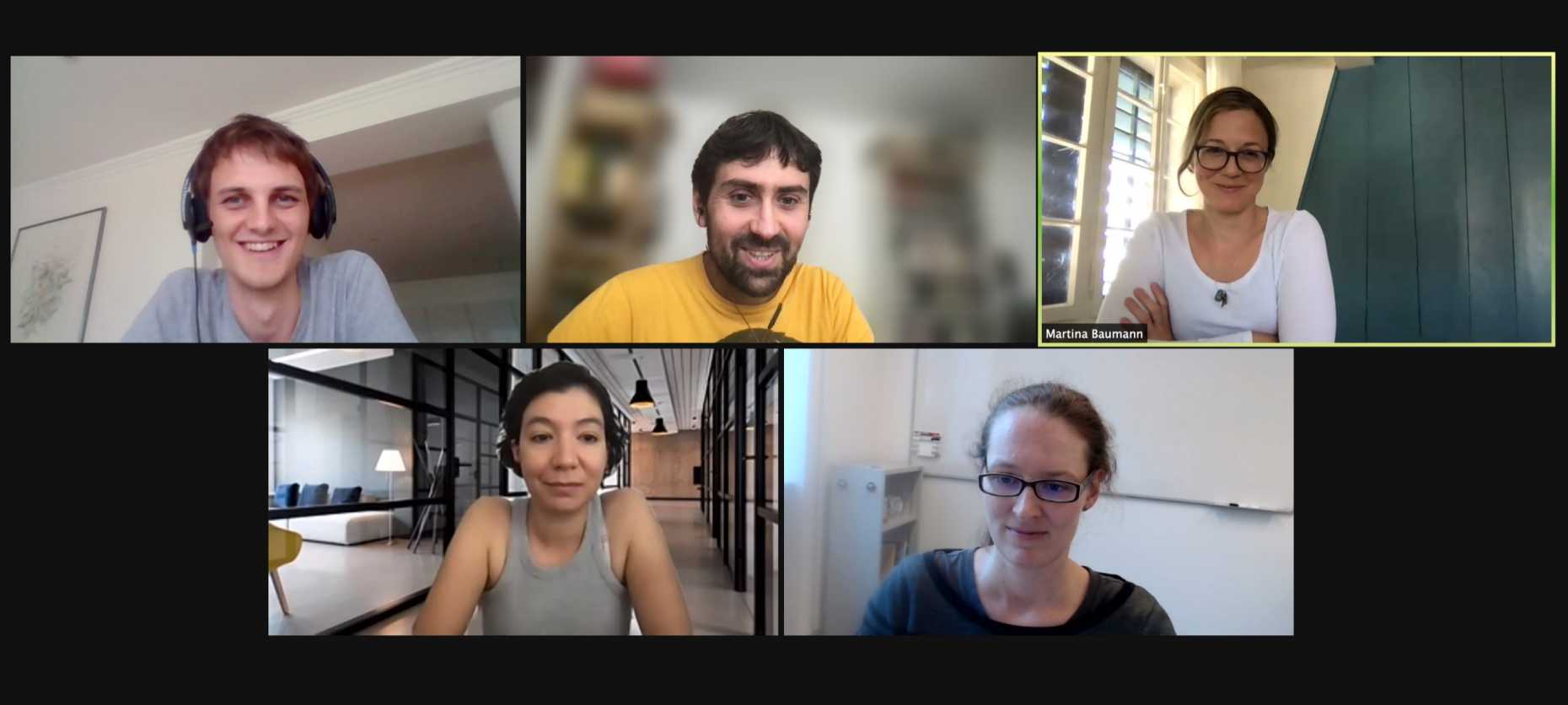“The conversation about culture and values is open to all”
The rETHink project was launched by President Joël Mesot in 2020. More than 600 ETH members have participated in various capacities in the six workstreams so far. One of them is Andre Kahles, Senior Scientist in the Biomedical Informatics Group (BMI) in the Department of Computer Science.

Andre, you are involved with the topic of culture development in rETHink Workstream 6. What is this stream about?
ETH Zurich has become a very large organisation, consisting of many subunits and ultimately of individuals. ETH members together determine how ETH Zurich acts, what it achieves, and how it’s perceived – from within and from without. This collaboration is a dynamic process that must continuously adapt as people and conditions change. The constant factor within this dynamism is our shared culture and the shared values we connect with ETH and put into practice in our work. But this constant is not set in stone, either. Our shared values must be renegotiated all the time because of changes in the organisation and its environment. The Culture Development workstream supports this process of negotiation, with the goal of maintaining a constant dialogue among employees.
What is actually meant by culture here?
As I said before, it’s the people who make up ETH Zurich. Culture is created as soon as different people begin to interact. Basically, there’s no collaboration without culture. Our expectations – of ourselves and others – and our habits establish a togetherness: a way of encountering and treating one another. This not only influences how we work together, but also what we achieve together and what we can learn from each other. Questions pop up pretty quickly: Are the same things important to us? Do we have the same goals? How do we want to work together? When the team is in agreement on this (explicitly or implicitly), it not only has a positive effect on results, but smooths the path to achieving them.
So culture is an important part of every organisation and is expressed in the values that characterise daily life. What are ETH Zurich’s values?
After an extensive consultation process, the Strategy Commission of ETH proposed a charter of five core values: responsibility, openness, diversity, team spirit and excellence. Now, I just said that every team negotiates its own rules. Values proposed from outside can seem a bit intrusive at first. That’s why the next step is to involve all ETH Zurich employees and reflect together on whether we can identify with the proposed core values. The conversation about culture and values is open to all and we can only address some of its key questions in shared dialogue: How do we feel about the proposed values? What is our team culture and how do we put it into practice? What do we want to change and how might we do that? Do we have a vision of what the culture of ETH Zurich could look like in the future?
You are the contact person in the Department of Computer Science for this conversation about culture and values. How did that happen and what exactly is your role?
That was relatively simple. The head of the department was looking for a go-between and I volunteered because I find the process both exciting and important. It’s rare that you get to participate directly in how an academic institution redefines itself. My role as contact person is to act as the link between the department and the core team of WS6. On the one hand, I’m available to answer questions from department members; on the other, I give the core team updates about how the discussions or any organisational problems are going.
Can all members of the department participate in the discussion about culture?
Yes, absolutely. It’s a decentralised process and everyone in the department/every ETH member is warmly invited to start a conversation about culture and values. A discussion like this can take place within an existing team or across multiple groups. People who don’t have time for a workshop can use lunch or an extended coffee break instead. It’s important for one person to take the lead and then send the feedback to Workstream 6 using the website set up for this.
Have you already organised a discussion yourself?
Yes, I organised a lunch discussion at the Institute for Machine Learning. It was important to me to throw together participants from very different teams and work environments – from postdoctoral researchers to administrative assistants to academic coordinators. People who otherwise don’t run into each other every day. We had an informal but very exciting discussion of about an hour. The moderation guidelines provided by the core team were very helpful and gave the conversation a good structure so that we were able to come to a result by the end.